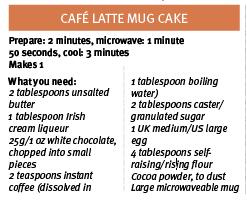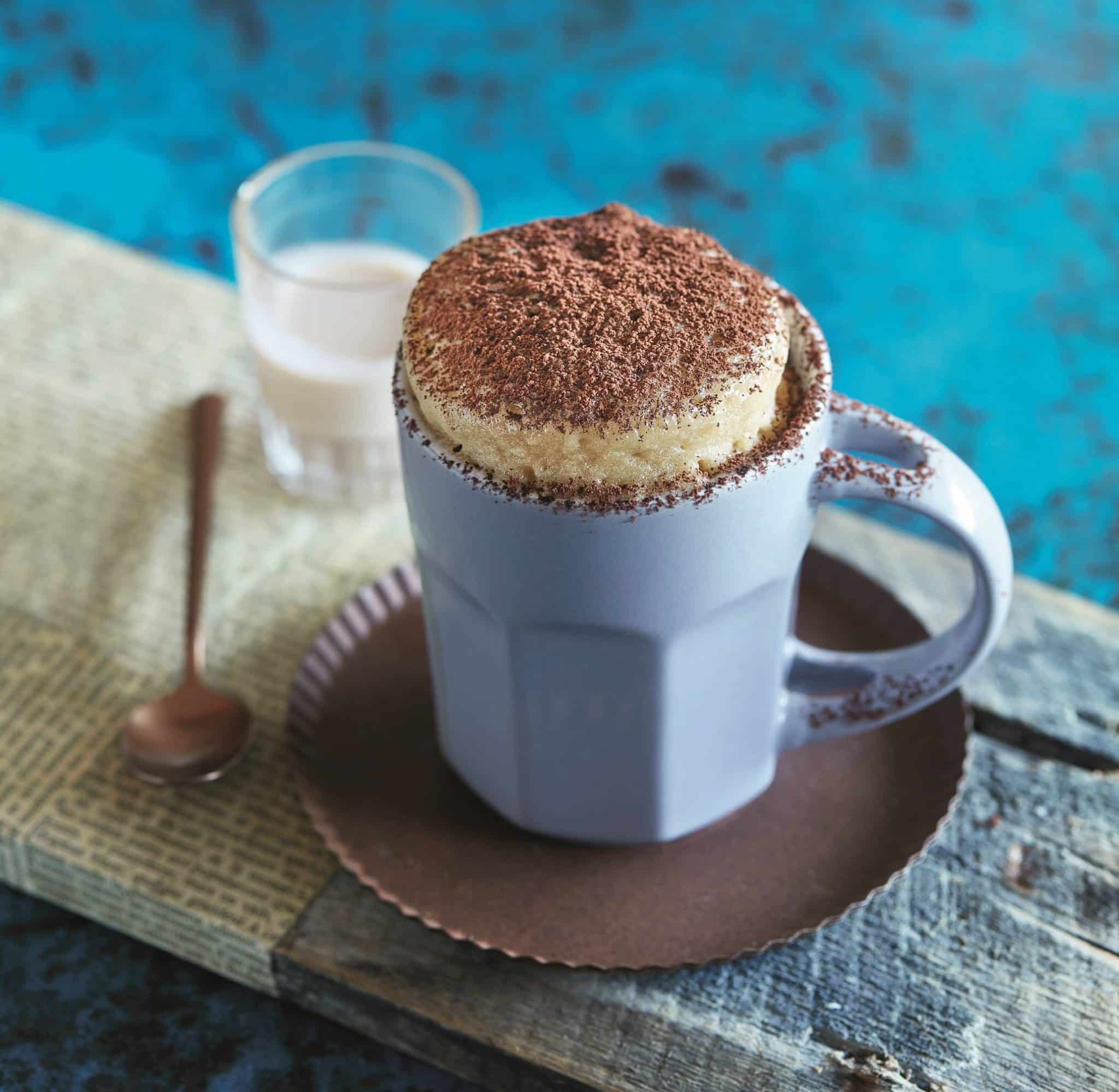A SATURATED market of coffee chains, both good and bad, the encouraging news is that in Tunbridge Wells, Tonbridge and the surrounding areas there are a great variety of independents whose mission is to serve you the best possible cup of coffee – whether that’s a strong espresso, creamy latte or aromatic Americano.
Up until last year the Perk & Pearl shop was one such establishment but, given the popularity of its selection of premium coffees, owner Joe Lloyd chose to launch and solely concentrate on an online business of the same name.
“I decided to create my own coffee company because I blooming well love the stuff!” says Joe when we discuss why the beverage appears to have superseded the traditional cup of tea for many Brits.
“I guess my obsession started when I worked for the Whittard of Chelsea tea and coffee emporium. I not only loved drinking it, but I began to explore the stories and science behind the whole process.
“I had always wanted to create my own coffee business, and in 2013 I opened our little shop on Grove Hill Road in Tunbridge Wells. The business really took off, and it soon became apparent that it was turning from retail to wholesale. I eventually decided that the best way forward was to focus on our wholesale side of the business, and now we are about to embark on UK distribution.”
Joe is quick to dismiss those who think that just because coffee is so trendy in the UK they can get away with serving something inferior, or that doesn’t come up to scratch.
“The fact is that there are a lot of pretentious coffee brands out there charging ridiculous prices as well as cheap, and quite frankly ghastly, coffee that would strip your nostril hairs at 50 yards!
“I wanted to create great coffee that was accessible for everyone to enjoy and that’s our simple ethos at Perk & Pearl.”
He’s also full of praise for marketing initiatives such as the forthcoming UK Coffee Week.
“A whole week devoted to coffee has got to be a thing to celebrate,” he says. “It is amazing how far we’ve come in the coffee world, but my goodness we’ve got a long way to go. To many, a cup of instant coffee is still their go-to hot drink and we need to engage people in exploring new and better ways of drinking coffee.”
Chris Stemman, the Executive Director of the British Coffee Association, agrees. In a recent statement to celebrate UK Coffee Week he commented: “In recent years we have moved from a nation of tea drinkers to a nation of coffee lovers and aficionados. Coffee culture has exploded across the UK and consumers have a breadth of choices for the coffee they enjoy drinking, both at home and on the high street.
“We in the UK love our coffee, we’re even catching up with the size of the market in Italy, so UK Coffee Week is the perfect way to celebrate it.”
Perk & Pearl will be marking the event by selling some specially imported Brazilian coffee, some of which Joe says he’ll also be giving away to a few lucky Twitter followers between April 10 and 16.
“Coffee is the elixir of life. It is the fuel that starts the day, the buzz when meeting up with friends and the motivator that is needed to drive you on!”
Henry Wilson, also from Tunbridge Wells, turned his passion for coffee into a successful business when he was travelling around Latin America. He now runs Perfect Daily Grind, the world’s leading bilingual coffee publication.
[dropcap]
Spilling the beans on some tasty coffee facts
- It takes 42 coffee beans to make an espresso
- Coffee is actually a fruit. Coffee beans as we know them are the seeds of a cherry-like berry grown on bushes
- Â There are two main commercial types of coffee bean, Robusta and Arabica. Robusta is associated with a more bitter taste, a higher caffeine content, and grows at lower altitudes than Arabica
- 80 per cent of UK households buy instant coffee for in-home consumption, particularly those aged 65 and older
- Ground coffee and single-serve coffee pods are becoming increasingly popular, particularly amongst millennials (ages 16-34) who account for 16 per cent of all buyers
- On the high street, caf̩ culture has also continued to boom Р80 per cent of people who visit coffee shops do so at least once a week, whilst 16 per cent of us visit on a daily basis
[/dropcap]
“I first started to learn more about coffee when I visited coffee farms in Latin America, and when I trained as a barista in Ecuador. I realised how much of an impact different coffee regions, farming, brewing and storage methods, as well as processing and roasting, have on a coffee’s taste. You can have two coffees, both exceptional, and yet they will taste extremely different.”
But Henry’s passion to start his own coffee-inspired business wasn’t just about the taste, provenance or production methods: “I saw first-hand the power imbalance in the coffee supply chain. It’s now my company’s mission to help change that.
“We publish articles by coffee producers in both English and Spanish. We produce articles on trade systems and business for coffee producers, such as how vertical integration can increase the share of profits. We host festivals in coffee-producing countries, inviting industry leaders from around the world to present on the latest trends.”
He also believes that a focal event such as UK Coffee Week is important for a number of reasons.
“Anything that draws attention to the issue of sustainability in coffee is a good thing. And an initiative like this, which unites the country’s coffee shops, attracts the attention of consumers and gains press coverage, will raise a great deal of awareness.”
Perfect Daily Grind also has an inspiring mentorship initiative. This includes supporting low-income female coffee producers from isolated areas for up to a week and connecting them to industry experts.
“These experts provide feedback and resources for improving their coffee quality, including analysing their samples and suggesting better connections to buyers who are interested in purchasing high-quality coffee.”
This, says Henry, can ‘significantly improve the price per pound these farmers receive for their coffee’, and the other bonus is they are able to pass that information on to the other members of their community.
“We also work with select organisations and national coffee associations to promote education in coffee-producing countries, from helping to establish libraries to mentoring young entrepreneurs,” he says.
-
Café Latte Mug Cake

Add the butter, Irish cream liqueur and white chocolate to the mug and microwave for 20-30 seconds at 800W until the chocolate has melted.
Stir the dissolved coffee, add it to the mug and stir until smooth.
Add the sugar and mix thoroughly.
Using a fork, beat in the egg until fully combined.
Pour in the flour and mix until you have a batter – making sure to check all around the sides of the mug for any unmixed flour.
Put the mug on a plate as this is a very liquid batter and may well drip a bit down the sides while cooking.
Microwave for 1 minute 50 seconds at 800W.
The cake will rise a lot, then sink, and should still be quite wet to touch.
Leave the mug cake to cool for 3 minutes and dust with cocoa powder before eating.








